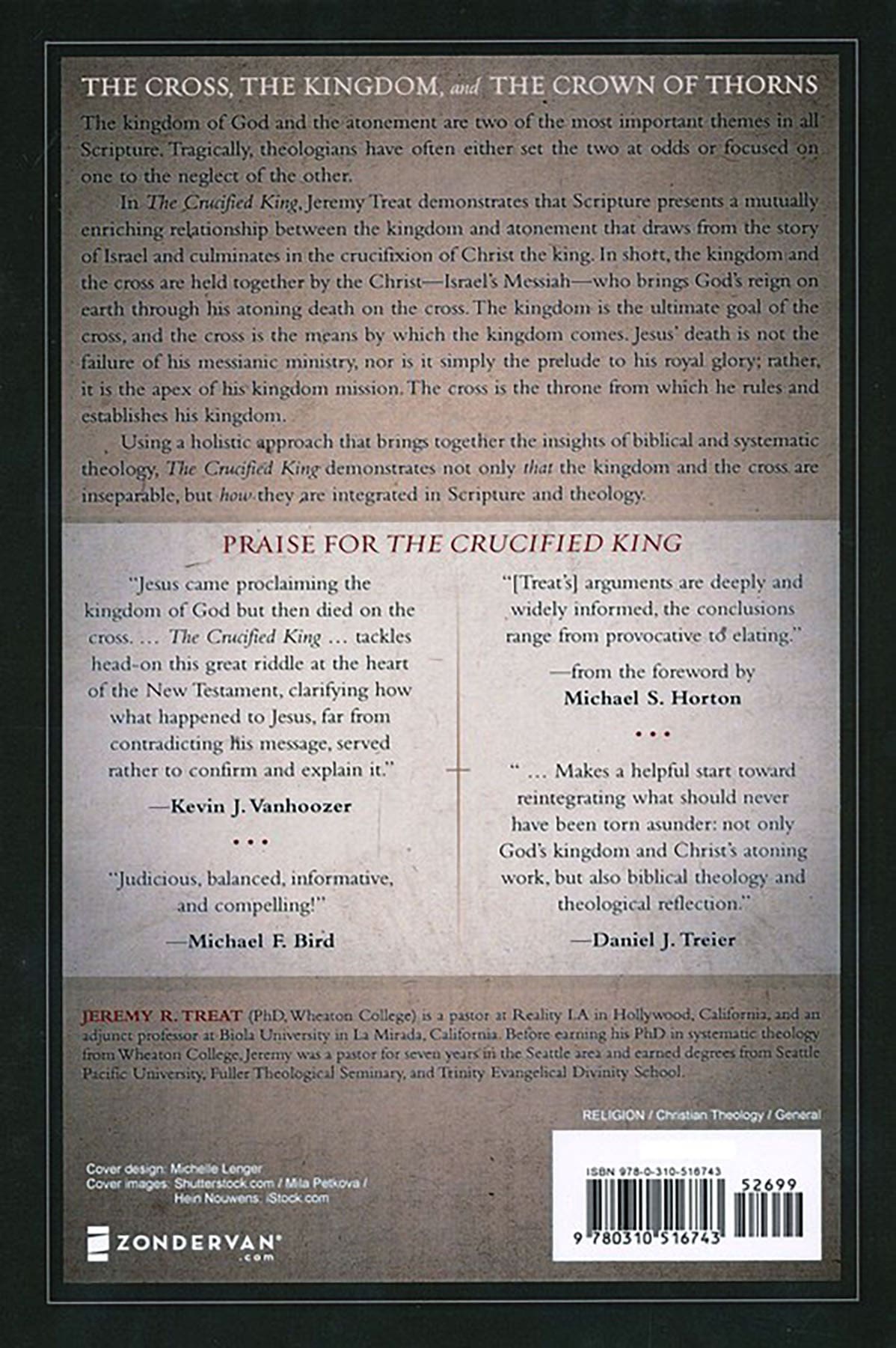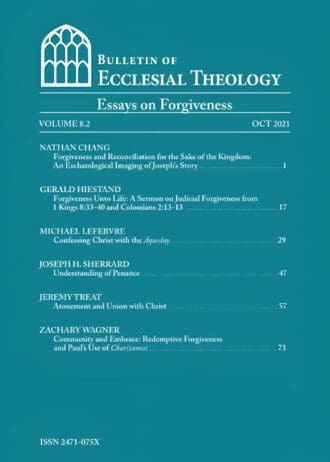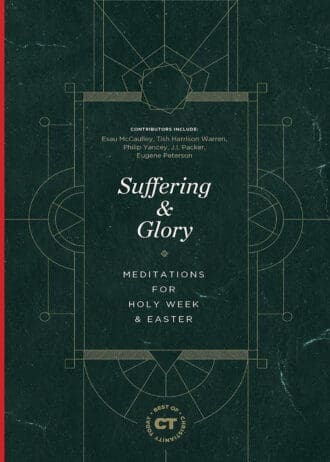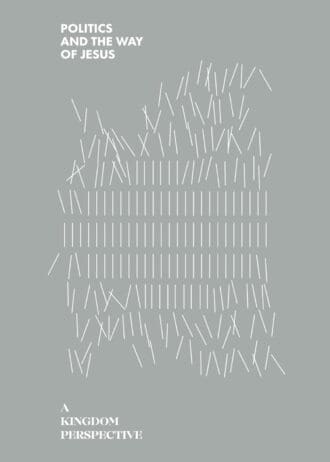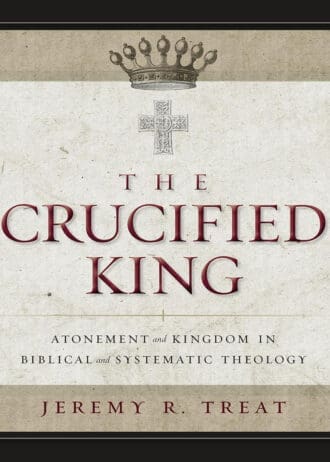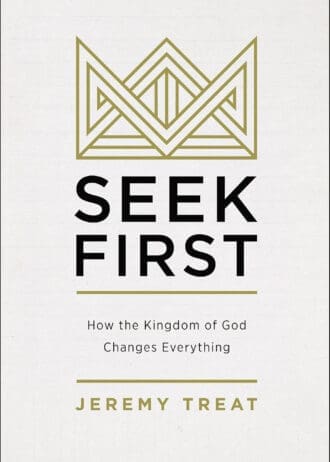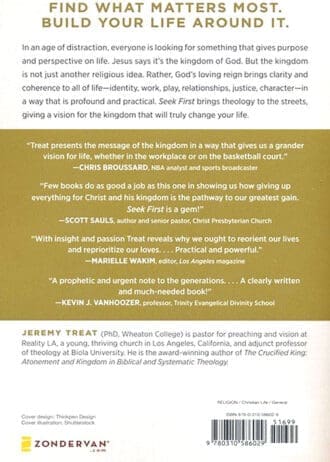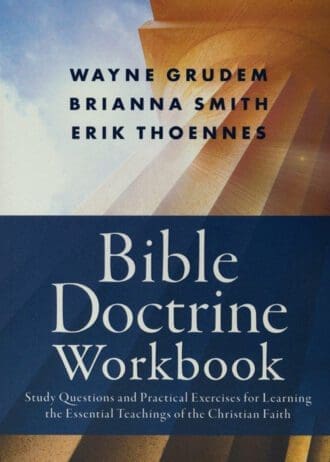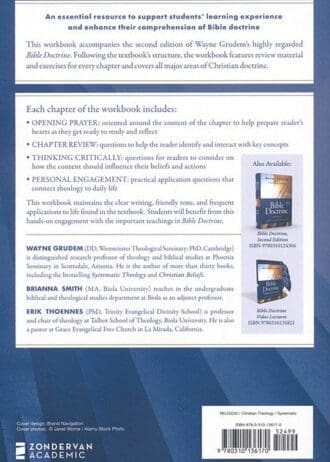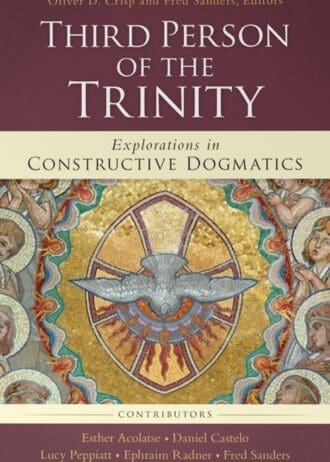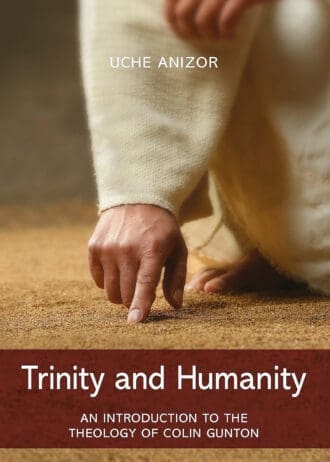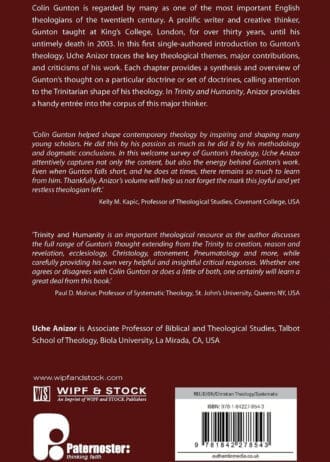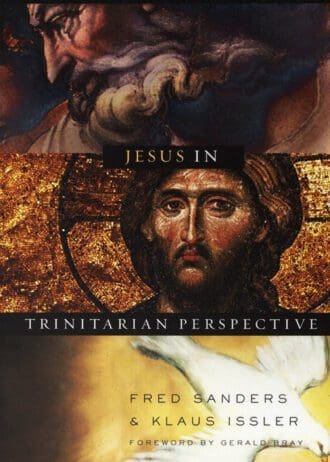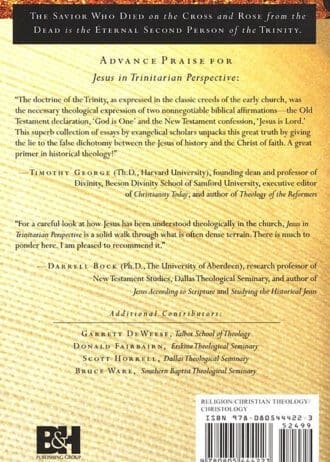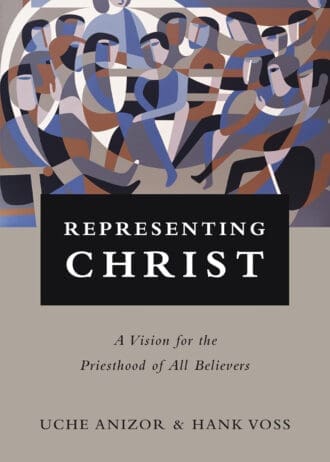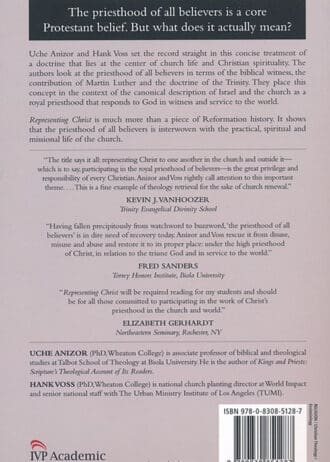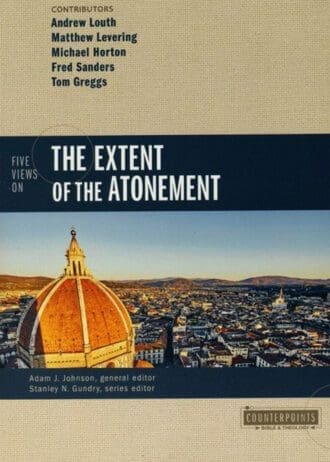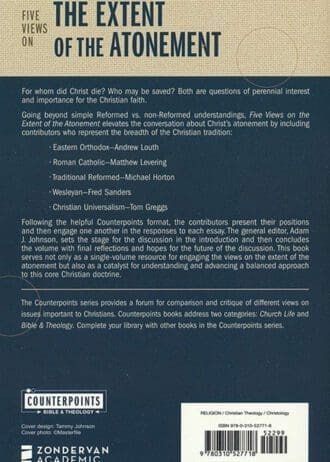The kingdom of God and the atonement are two of the most important themes in all of Scripture. Tragically, theologians have often either set the two at odds or focused on one to the complete neglect of the other.
In The Crucified King, Jeremy Treat demonstrates that Scripture presents a mutually enriching relationship between the kingdom and atonement that draws significantly from the story of Israel and culminates in the crucifixion of Christ the king. As Israel’s messiah, he holds together the kingdom and the cross by bringing God’s reign on earth through his atoning death. The kingdom is the ultimate goal of the cross, and the cross is the means by which the kingdom comes. Jesus’ death is not the failure of his messianic ministry, nor simply the prelude to his royal glory, but is the apex of his kingdom mission. The cross is the throne from which he rules and establishes his kingdom.
Using a holistic approach that brings together the insights of biblical and systematic theology, this book demonstrates not only that the kingdom and the cross are inseparable, but how they are integrated in Scripture and theology.
Editorial Reviews
Jesus came proclaiming the kingdom of God but then died on the cross. The first great virtue of The Crucified King is that it tackles head-on this great riddle at the heart of the New Testament… The book’s second strength is that it reconciles…the penal substitution and Christus Victor theories of atonement. The third strength is that it reconciles the story of redemption (biblical theology) and its logic (systematic theology). Three tensions; three proposed resolutions: blessed are the peacemakers!
Kevin J. Vanhoozer, Trinity Evangelical Divinity School
Treat brings together what many have rented asunder: the cross of Christ and the kingdom of God. For too long many theological tribes have either preached a message about the cross addressed to individuals and opted out of kingdom business or embarked on a campaign of kingdom work springing from Jesus’ kingdom vision and then struggled to treat the cross meaningfully. Treat shows that such a division is foreign to the biblical texts and to the testimony of the historical church…. Judicious, balanced, informative, and compelling!
Michael F. Bird, Ridley Melbourne Mission and Ministry College
I am not aware of a work that has yet set out to weave broken threads back together on the specific themes of kingdom and atonement. Jeremy Treat has achieved this in The Crucified King. In my view at least, it is the work of a skilled worker…. The arguments are deeply and widely informed, the conclusions range from provocative to elating…. I commend the author not only for a seminal work on the heart of the gospel, but for giving us a model for a more comprehensive vision of theological exploration.
Michael S. Horton, Westminster Seminary California
The Crucified King contributes to the current revivification of the doctrine of the atonement, exploring how the cross and kingdom are necessary and mutually interpretative realities. The cross, he argues, is the inbreaking of God’s eschatological kingdom into the present, while it sums up the nature of divine and human servant-kingship. This is a delightful work of biblical and systematic theology, ripe with implications for the church’s understanding of the cross of Christ as its basis and goal.
Adam Johnson, Torrey Honors Institute, Biola University
Pastors and theologians often manage to give the impression that the kingdom of God and the cross of the Messiah are divorced or separated. Treat’s study of kingdom and cross unveils the exciting marriage between two of Scripture’s central concepts. With good writing and clear thinking of the “big picture” variety, Treat produces a dessert-quality dissertation that leaves readers enriched and satisfied. The author will have an important voice in the theological conversations of the next generation of Christian scholars.
Jason Hood, St. Margaret’s Anglican Church, Moshi, Tanzania


